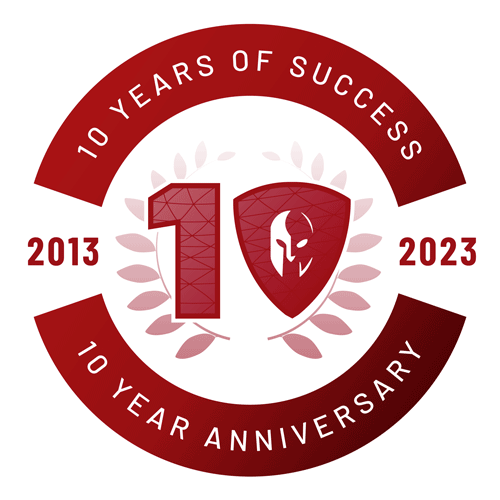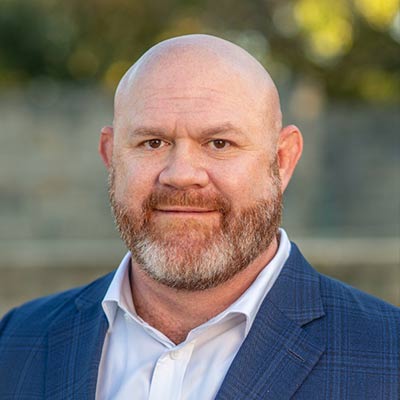Introduction
In today’s interconnected world, cybersecurity is not just about protecting an organization’s own digital assets but also securing the entire supply chain. As businesses increasingly rely on a complex network of vendors, suppliers, and service providers, vulnerabilities in any part of the supply chain can expose the entire system to cyber threats. This article delves into the critical aspects of cybersecurity and supply chain security, outlining why it’s essential and how businesses can strengthen their defenses.
Understanding Supply Chain Security
Supply chain security refers to the efforts to enhance the security of the supply chain, the interconnected elements involved in the production and distribution of a product. This includes safeguarding against unauthorized access, misuse, or destruction of goods and technology as they move from supplier to manufacturer to consumer. However, the digital aspects of supply chain security involve protecting against data breaches, cyber-attacks, and other online threats that could affect the integrity and confidentiality of sensitive information across the supply chain.
Why Is It Important?
The importance of supply chain security has become increasingly apparent, highlighted by high-profile breaches that have led to significant financial losses, damaged brand reputations, and compromised customer data. The reality is that an organization is only as secure as its weakest link. Therefore, if any part of the supply chain is vulnerable, the entire network is at risk. This interconnectedness demands a comprehensive and strategic approach to cybersecurity.
Key Vulnerabilities in Supply Chain Security
- Third-Party Risks: Many organizations rely heavily on third parties for essential services, but each vendor may not have the same level of cybersecurity maturity, creating potential weak spots.
- Complex Software Supply Chains: Modern software is often built using open-source components and third-party libraries. Vulnerabilities in any of these components can compromise the security of the software.
- Insufficient Oversight: Lack of visibility into the security practices of suppliers means that risks may not be identified until a breach occurs.
- Interconnectivity: As supply chains become more digital, the risk of cyber-attacks increases. Attackers can exploit any point in the network to gain access to sensitive information.
Strategies for Enhancing Supply Chain Cybersecurity
To tackle the challenges of supply chain security, businesses must implement comprehensive strategies that encompass not only their own cybersecurity practices but also those of their partners and suppliers.
Conduct Thorough Risk Assessments
Regularly assess the cybersecurity posture of all entities within the supply chain. This includes conducting audits and demanding transparency in the security measures adopted by suppliers and partners.
Establish Strong Cybersecurity Policies
Define clear cybersecurity policies and standards for suppliers, including requirements for regular security audits, compliance with specific standards, and immediate incident reporting procedures.
Implement Robust Access Controls
Limit access to sensitive information across the supply chain. Ensure that only authorized personnel have access to critical data, and use multi-factor authentication to enhance security.
Continuously Monitor and Update
Cybersecurity is an ongoing process. Continuously monitor the security practices of supply chain partners and update defenses based on the latest threats and vulnerabilities.
Leverage Cutting-edge Technologies
Implement technologies such as blockchain for traceability and transparency, AI and machine learning for threat detection, and encryption for data security.
Collaborate and Share Information
Encourage a culture of collaboration and information sharing among supply chain partners to enhance collective security awareness and response to threats.
Training and Awareness
Regularly train employees and supply chain partners on the latest cybersecurity threats and best practices. Awareness is a critical defense mechanism against phishing and other social engineering attacks.
Conclusion
In conclusion, securing the supply chain is a critical component of a comprehensive cybersecurity strategy. As businesses continue to evolve and digitalize, the complexity of supply chains will increase, necessitating more sophisticated and collaborative approaches to cybersecurity. By implementing robust security practices throughout the supply chain, businesses can significantly reduce their vulnerability to cyber-attacks and protect their assets and reputation.
For organizations looking to enhance their supply chain security, considering a service like Insider Direct can provide specialized expertise in aligning cybersecurity measures with business objectives. With expert guidance and strategic procurement, businesses can not only secure their supply chain but also optimize their cybersecurity investments.
Get in touch with us
Secutor Cybersecurity is a trusted partner comprised of industry leading experts in the fields of Cybersecurity and Governance, Risk and Compliance. We partner with our clients to deliver on-demand solutions tailored to expertly navigate the regulatory demands of their specific industries.
Our proven track record of successfully exceeding client expectations is achieved through the combination of our methodical approach, advanced technologies, subject matter experts, and synergy with client team members.
Secutor is your team of world-class problem solvers with vast expertise and experience delivering complete solutions keeping your organization protected, audit-ready, and running smoothly.







